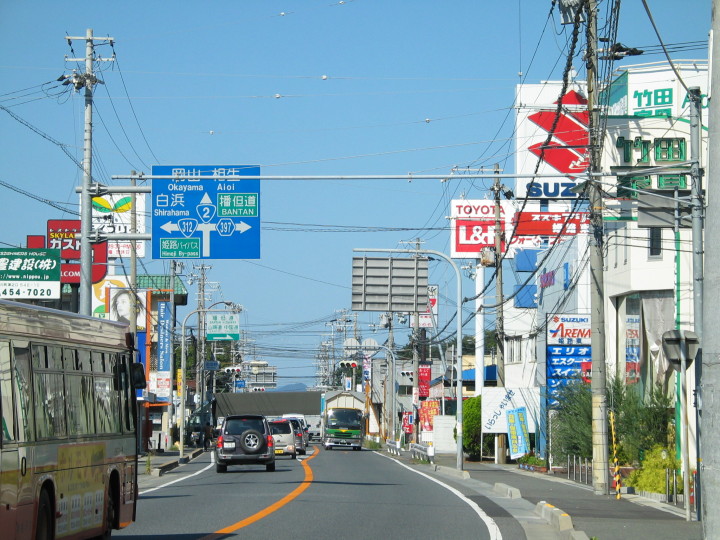Background: March 18, 2016
Before the Fukushima triple meltdown five years ago, there were 54 nuclear power reactors in Japan, providing 30 percent of Japan’s electricity. Following the disastrous earthquake and tsunami of March 11 2011, most of those reactors continued to operate. Over the next year, however, all of them were shut down, one by one, for annual maintenance — and remained shut down because the governors of the local prefectures responded to the wishes of the citizens by refusing to give the needed permission to restart them. For about three years, therefore, all 54 reactors have been shut down, and Japan has had to make do with additional energy imports and with the cooperation of businesses to reduce their electrical consumption by 15 percent. There was another 15 percent that was a surplus to electrical needs — it was considered as a prudent backup electricity supply.
In April 2015 the government of Prime Minister Abe announced that it wants nuclear plants restarted so they can play an important role in meeting the country’s base-load electrical needs. About 40 reactors in Japan’s nuclear fleet are considered fit to restart under new international safety standards laid down after the Fukushima disaster. In recent months, two nuclear plants in Japan, each having two nuclear reactors, have been restarted. Now, however, a judge has ordered the shutdown of both reactors at the latest nuclear plant to be restarted, just two months ago, known as the Takahama NPP. This was in response to a lawsuit launched by citizens in a neighbouring prefecture who argued that they would be seriously affected by an accident at one of these plants.
Plans are well-advanced for a massive public rally in Tokyo on March 26 against the restart of any more nuclear reactors in Japan. The findings of a exhaustive report on the causes of the Fukushima disaster, commissioned by the Japanese legislature known as the Diet, were that the nuclear disaster was man-made, caused by collusion between the government, the nuclear industry, and the regulatory body. Public confidence in nuclear power technology has been shattered, and the damage seems irreparable.
Gordon Edwards
ccnr@web.ca
————————










